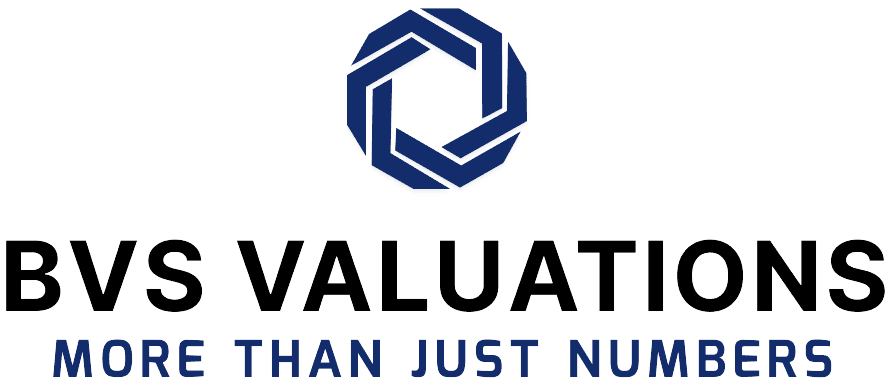What is a Property Valuer?
A Property Valuer is a professional who has been educated and trained to determine the value of fixed property, execute feasibility studies and provide expert advice on property-related matters. An independent Valuer can provide impartial and motivated reports on the value of real and limited rights to land.
The Valuer needs a thorough knowledge and understanding of the interacting influences which create, maintain or diminish the value of property or rights thereto. It is important to note that a Valuer does not invent value but interprets market forces which determine value.
The International Valuation Standards (IVS) describes a Valuer as a person who possesses the necessary qualifications, ability, and experience to execute a valuation and is licensed to do so. In the South African context, a professional needs to be registered with the South African Council for the Property Valuers Profession (SACPVP).
*The Valuers’ Manual – South African Institute of Valuers
Types of Value
We have compiled a few definitions and explanations of the different types of Value:
Market Value
Market Value is defined as "The estimated amount for which an asset or liability should exchange on the valuation date between a willing buyer and a willing seller in an arm's length transaction, after proper marketing and where the parties had each acted knowledgeably, prudently and without compulsion."
*IVSC definition of Market Value
Fair Value
Fair Value and Market Value are often used interchangeably. However, there are subtle differences: Fair Value as defined by International Financial Reporting Standards is “the amount for which an asset could be exchanged or a liability settled between knowledgeable willing parties in an arms-length transaction.”
Utility Value
Utility Value is the value a specific property has for a specific use - for example a clubhouse, a school or a church. The focus is on the value that the real estate contributes to an enterprise of which it is a part, without regard for the highest and best use. Use Value may vary depending on the management of the property and the external conditions such as changes in business operations. The Use Value should not be confused with the term Value in Use.
Investment Value
Investment Value represents the value of a specific property to a specific investor based on the investment requirements. In contrast to Market Value, Investment Value is value to an individual and not necessarily to the marketplace. It reflects a more subjective relationship between the investor and the investment.
Business Value
In the context of property valuation, business value refers to the total value of a business, including both its interest-bearing debt and equity components. It is a measure of the worth of a business as a whole, rather than its individual assets.
There are several reasons for performing a business valuation, such as mergers and acquisitions, strategic planning, capital financing, and investing in securities.
Public Interest Value
This is a general term covering a family of value concepts that relate to the highest and best use of a property for non-economic uses. This type of value is driven by social, political or public policy goals. It is sometimes referred to as Intrinsic Value, Aesthetic Value or Scenic Value. For example, a national highway does not have a market value but, it serves the general public and therefore has a Public Interest Value.
Replacement Cost / Insurable Value
Insurable Value is the value of an asset or asset group that is covered by an insurance policy. It may be based on the replacement or reproduction cost of the asset, and does not take into account the asset’s condition.
Historic Value
A retrospective valuation, also known as a historical valuation, provides an official estimate of a property’s market value at a specific date in the past. They are typically used for legal and compliance requirements, such as court proceedings, property disputes and damage claims. Retrospective valuations are also useful for estate planning, inheritance and wealth management, as they provide insights into market trends, assess economic cycles, and predict future market behaviour.
Why do I need a Valuation?
A valuation is conducted to find the value of a property at the date of valuation. Knowing the value of a property can help individuals or businesses make important decisions related to various activities.
We have compiled a list of some of the activities and reasons why a property valuation may be required:
- Buying and selling a property
- Mortgage or bond loans
- Property transfer
- Financial statements
- Investment analysis
- Rental determinations for lease negotiations, renewals or disputes
- Mergers or take-overs
- Division of family or business property assets
- Insurance value estimates
- Valuation of deceased estates
- Legal cases or arbitration purposes
- Capital gains tax or other tax purposes
- Compulsory acquisitions
- Divorces
- Municipal value objections
- Forced sale values for liquidation purposes
- Determine the highest and best use of a property
- Immigration application purposes
- Releasing of guarantees
- Expropriation matters
- Valuation of servitudes
- Land claims and land restitution
Supporting Documents
Every property is unique. While the valuation principles may remain the same, each property is assessed on a case-by-case basis. To more accurately provide a value opinion, various essential supporting documents are required. The different property categories have different requirements. To expedite the valuation process, it is useful to have some of the supporting documents ready.
Residential
- A copy of the latest Municipal Property Rates Account.
- Approved building plans or architects' drawings/sketches in electronic format, if available, are essential. Additionally, a schedule of areas is beneficial. If necessary, these can be verified against site measurements.
- A copy of the Title Deed if available.
- A Surveyor General diagram.
Commercial / Income Producing
There are a variety of income-producing property categories. The most commonly known include retail centers, filling stations, office parks, industrial parks, and hospitality facilities. We have indicated below some of the typical supporting documents/information required to compile an accurate valuation assessment. The documents required would include those needed for a residential valuation as well as the additional items mentioned below.
Tenancy Schedule or Rent Roll
- The Commencement and Termination Date.
- The monthly rental amount excluding VAT.
- The annual escalation rate applicable to the rental.
- The size of the rental area in square meters also known as the Lettable Area.
- Details of expenditure recovered i.e. Recoveries.
* More items to be added soon.

